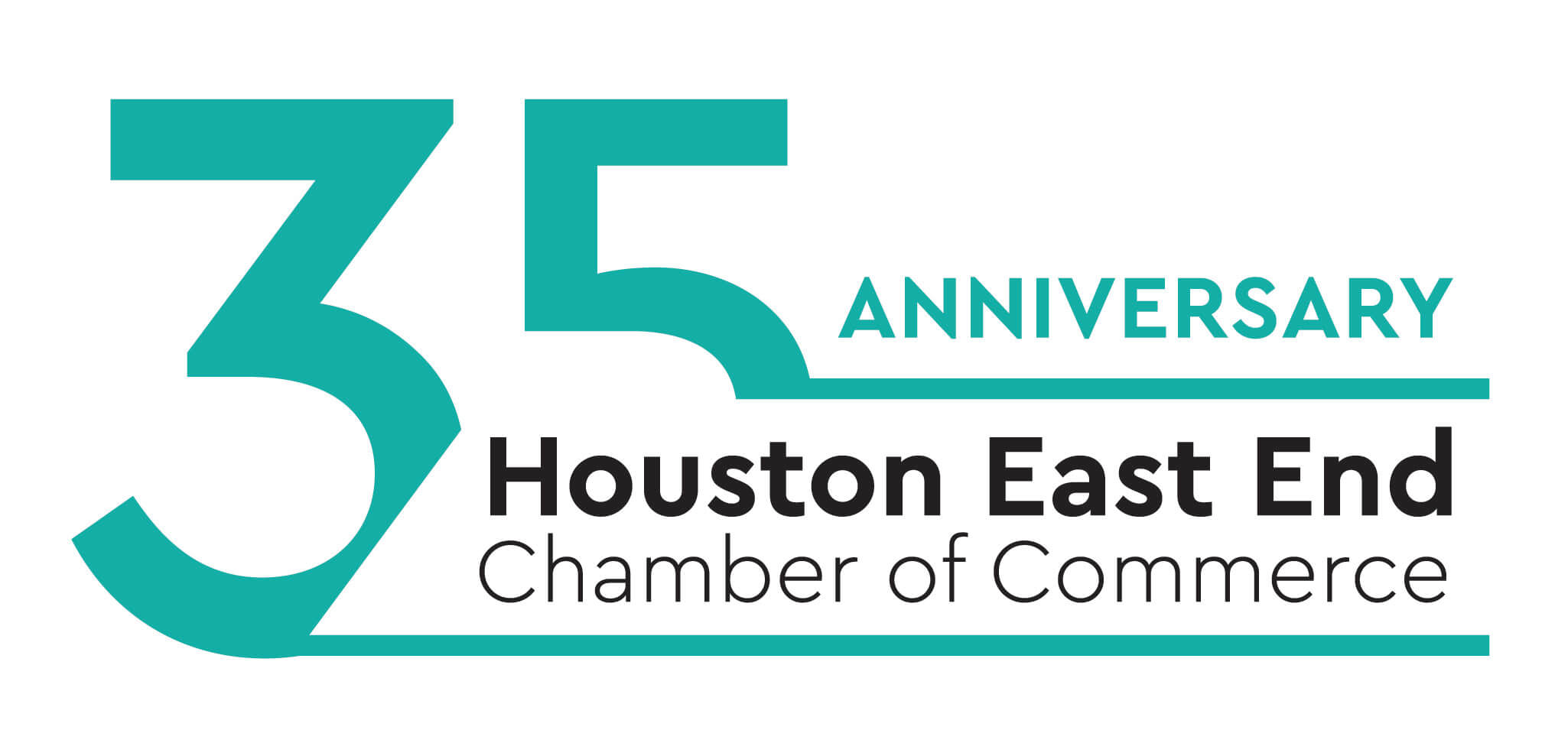Economic Development & Business Resources
The Business Resource Page functions as an online guide featuring beneficial tips, resource links, organizations, and other information of significance to small businesses.
East End Calling Card
East End Chamber of Commerce - (713) 926-3305
University of Houston SBDC - (713) 752-8444
SCORE Houston - (713) 773-6565
Port Houston Small Business Development - (713) 670-2400
Goldman Sachs 10,000 Small Businesses - (713) 718-2115
METRO Transit Authority - (713) 739-4000
City of Houston - (713) 247-2982
Houston Minority Supplier Development Council - (713) 271-7805
Houston Business Development Inc. - (713) 845-2400
Urban Business Initiative - (713) 845-2472
U.S. Small Business Administration - 713-773-6500
Small Business Development Center
Women's Business Center - 713-681-9232
Greater Houston Chamber of Commerce Women's Business Center - 713-782-3777
Helpful Links
Resources

THE HOUSTON REPORT - The Greater Houston Partnership forecasts the Houston region will create 75,500 net new jobs in 2022. Click here to read about this, Houston Data, News & Events, and more in their Houston Report.

EAST END DISTRICT PROPERTY VALUE ASSESSMENT REPORT - Click here to view maps illustrating the changes in land use and land value in the East End District between 2007 and 2019.
Demographics
Household
Estimated Households - 95,502
Average Household Income - $66, 823
Median Household Income - $53, 238
Race & Ethnicity
80.5% Hispanic or Latino Population
Education Attainment
High School Graduate - 29.8%
Any College - 16.2%
College Degree or Higher - 18.5%
Business
Total Number of Businesses - 6,585
Total # of Employees - 136,679
Unemployment Rate - 7.7%
Home Values (2000)
Owner Median Home Value - $53,746
Renter Occupied Median Rent - $245
Consumer Expenditure Annual Total
Total Household Expenditures - $2.58 bill.
Total Non-Retail Expenditures - $1.44 bill.
Consumer Expenditure Per Month
Total Retail Expenditures - $1.15 bill.
Total Household Expenditures - $3,150
Total Non-Retail Expenditures $1,760
Total Retail Expenditures - $1,401
